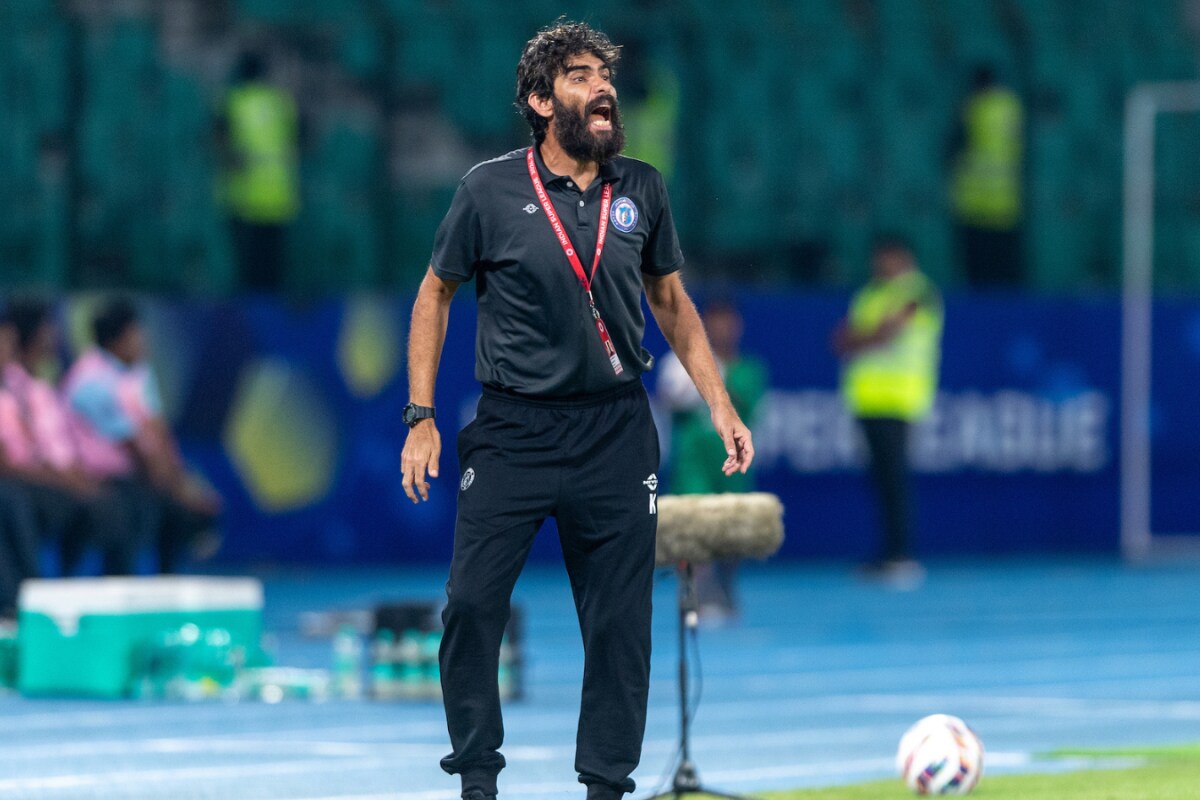

Khalid Jamil's appointment as the head coach of the Indian national football team marks a significant moment for Indian football. He is the first Indian to hold this position since 2012, ending a long reliance on foreign coaches. Jamil's extensive experience in Indian football, from the I-League to the Indian Super League (ISL), positions him as a leader who understands the nuances and challenges of the domestic game. The All India Football Federation (AIFF) chose Jamil from a shortlist that included former national coach Stephen Constantine and Slovakian manager Stefan Tarkovic. This decision highlights a shift towards prioritizing homegrown coaching and a deep understanding of the Indian football ecosystem. Jamil's immediate challenges include the CAFA Nations Cup 2025 and the AFC Asian Cup qualifiers, where his knowledge of Indian players will be crucial.
Here are three key priorities for Khalid Jamil as he takes the reins:
1. Improve Goal-Scoring Output
One of India's most pressing issues is their lack of goals. The team has struggled to find the net in recent matches, hindering their ability to win crucial games. Under the previous coach, Manolo Marquez, India managed only five goals in eight matches, scoring in just three of those games. Jamil needs to find a way to unlock the team's attacking potential and ensure they can convert chances into goals. This may involve identifying and nurturing talented strikers, implementing effective attacking strategies, and fostering a more confident and clinical approach in the final third. Jamil's teams in the ISL have often been known for scoring in transition and maximizing limited opportunities, qualities that could greatly benefit the national team.
2. Instill Tactical Clarity and Structure
Another key task for Jamil is to bring structure and efficiency to India's play. The team needs a clear tactical identity and a well-defined game plan. While former coach Igor Stimac attempted to implement a possession-based style, it did not consistently deliver the desired results. Jamil needs to assess the team's strengths and weaknesses and develop a tactical approach that suits the players' capabilities. This could involve strengthening the defense, improving midfield coordination, and creating more effective attacking patterns. By instilling a sense of tactical clarity, Jamil can help the team perform with greater consistency and purpose.
3. Blend Youth and Experience
Jamil must integrate emerging talents with experienced players like Sunil Chhetri. Chhetri, a veteran striker, remains a crucial figure in the national team, but there is a need to develop younger players who can eventually take over the mantle. Jamil's experience in working with young Indian players in the I-League and ISL will be invaluable in this regard. He needs to identify promising youngsters, provide them with opportunities to showcase their talent, and mentor them to become future stars. At the same time, he must leverage the experience and leadership of senior players to create a cohesive and balanced squad.
Khalid Jamil's appointment has been met with widespread approval in Indian football. His track record of success with clubs like Aizawl FC and NorthEast United has earned him a reputation as a capable and pragmatic coach. However, the challenges ahead are significant. India is currently ranked 133rd in the FIFA rankings, and the team needs to improve its performance in major tournaments. Jamil's ability to address the key priorities of improving goal-scoring, instilling tactical clarity, and blending youth with experience will be crucial to the team's success. His tenure represents a new chapter for Indian football, with hopes high that he can lead the Blue Tigers to greater heights.